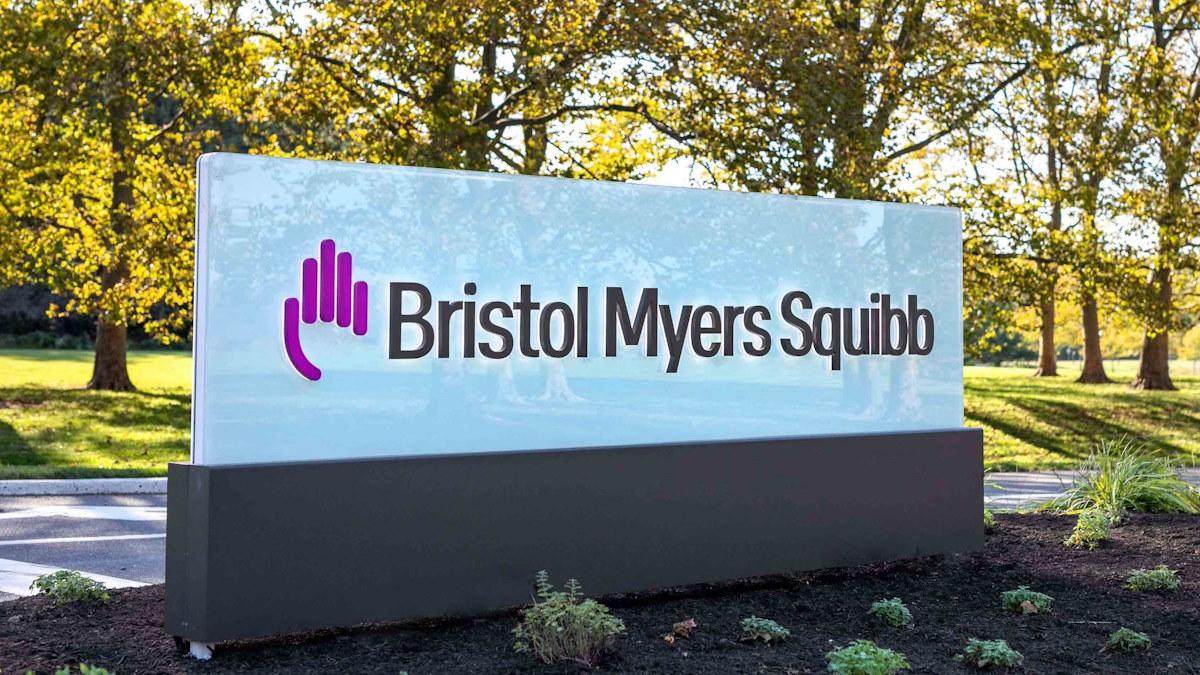Pfizer files blockbuster hope etrasimod for ulcerative colitis

Regulators in the US and EU have started a review of Pfizer's S1P receptor modulator etrasimod for people living with moderately-to-severely active ulcerative colitis (UC), with decisions expected in the first halves of 2023 and 2024, respectively.
The FDA and EMA have formally started their review of the drug, which analysts have suggested could become a $3 billion blockbuster for Pfizer if it reaches the market for UC and other immuno-inflammatory diseases.
If approved, etrasimod will mount a direct challenge to Bristol-Myers Squibb's S1P drug Zeposia (ozanimod), which was approved for UC last year and also for a green light to treat multiple sclerosis in 2020. Also tipped as a blockbuster, Zeposia has been gathering momentum with sales doubling to $171 million in the first nine months of 2022.
Pfizer thinks etrasimod could be the class leader, pointing to strong efficacy data in its two pivotal trials of the drug in UC, which it says closely mimic real-world clinical practice.
In ELEVATE UC 12, etrasimod achieved a 25% clinical remission rate after 12 weeks, compared to 15% for a matched placebo group. Meanwhile, in the longer-term ELEVATE UC 52 study, clinical remission was seen in 27% of etrasimod patients and 7% of the placebo group at the 12-week timepoint, and came in at 32% and 7% respectively after a year.
BMS recently bit back with a new data from its pivotal True North study of Zeposia, which showed an 18% remission rate at 10 weeks, rising to 37% at week 52. In a post hoc analysis reported at the American College of Gastroenterology congress in October, it said of the drug that 86% of patients who were in remission after induction therapy maintained that status over one year.
Pfizer reckons the pharmacology of etrasimod – including its engagement with S1P 1, 4 and 5 receptor subtypes – differentiates the drug from its rival, which binds mainly to subtypes 1 and 5.
Both drugs are also competing with other oral UC drugs like Pfizer's JAK inhibitor Xeljanz (tofacitinib), although the entire JAK class is under a cloud because of safety concerns, specifically an increased risk of blood clots.
"Ulcerative colitis can substantially impact the day-to-day lives of people living with this chronic and often debilitating disease, and many patients never achieve nor maintain remission on today's therapies," said Michael Corbo, Pfizer's chief development officer for inflammation and immunology.
"We believe that etrasimod, if approved, has the potential to be a best-in-class, first-line advanced therapy."
Pfizer is also developing the drug for in Crohn's disease, eosinophilic oesophagitis, alopecia areata, and atopic dermatitis.













